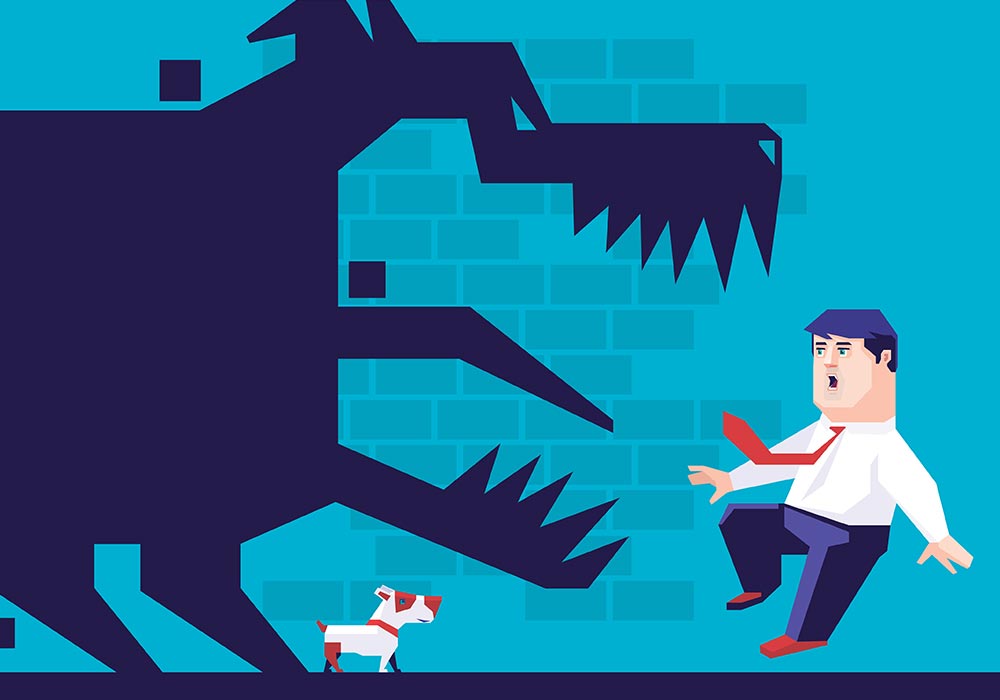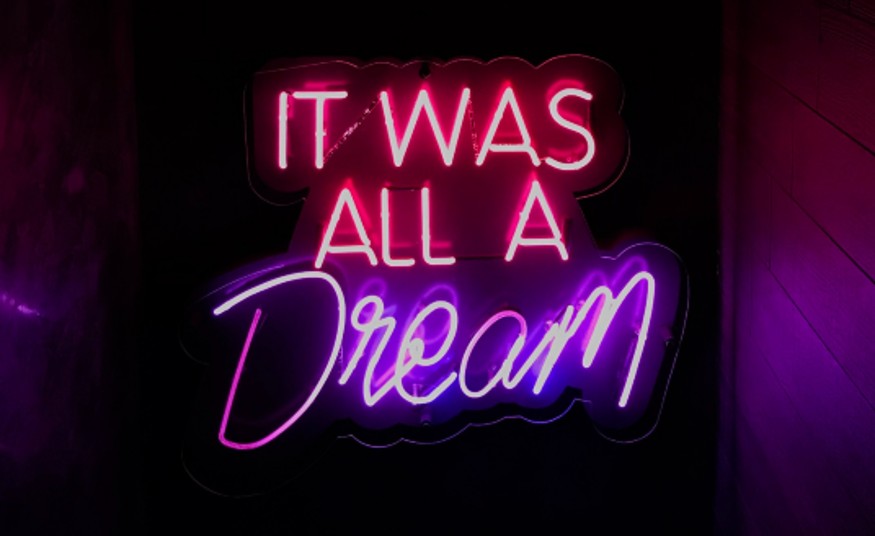Sigmund Freud, the father of psychoanalysis, interpreted dreams as a way of understanding a person’s unconscious. For him, dreams contained symbolic elements that represented a person’s hidden desires and emotions. Through the analysis and interpretation of these symbols, Freud believed it was possible to uncover repressed longings of the unconscious.
Do you have recurring nightmares about arguments with your boss or getting fired, or do you dream of fulfilled work ambitions? We analyse how what happens while we sleep is related to our professional life.
What will I read about in this article?
Is it normal to dream about work?
While we sleep, our mind often “reflects” on the things we cannot or do not want to deal with during the day. It’s also about what has occupied our attention the most and what we‘ve spent the most time around on that day. Often, people don’t feel comfortable enough in the office to express in a transparent way who they are, what they long for or what worries them, so it is common for work to become the protagonist of these nocturnal adventures.
“While we sleep, our mind often “reflects” on the things we cannot or do not want to face during the day”.
“Dreaming helps us process our emotions,” explains dream psychologist Ian Wallace in this Fast Company article. “In the workplace we‘re often encouraged to wear emotional masks or think we have to in order to avoid showing how we really feel.
Wallace says that many of the most common dreams are related to work or professional growth, even those that don’t involve the workplace or symbols directly related to the work environment.
Dreams can often make us more aware of our ambitions, anxieties, fears and limitations, and help guide us to address those uncomfortable questions we may be avoiding in our awakened life.

What are the most common dreams about work?
Work-related dreams can vary significantly from person to person, but there are arguments that we’re all familiar with. This is what Wallace reports in his book The Top 100 Dreams: The Dreams That We All Have and What They Really Mean.
The most common dream identified in Wallace’s research is the feeling of being pursued, which commonly occurs when we seek something in our careers, such as a promotion, a project or even the knowledge that our contributions are valued.
A variation on the dream of being haunted that’s especially common among younger workers or those in lower-level roles involves being chased by zombies. According to Wallace, the undead represent the senselessness of a job that does not spark their creativity or tap into their true talents. Although who knows if these nightmares are also fuelled by the latest episode of The Last of Us or The Walking Dead.
The second most common dream involves teeth, specifically teeth falling out or rotting, a metaphor addressed by Sigmund Freud and Carl Jung, though each in his own way. For Wallace, this uncomfortable scene relates to a situation at work where we feel we do not have the power or confidence to achieve or decide what we want to do.
Of course, this list could not miss the classic dream of appearing naked at work. An embarrassing and more than unlikely situation linked, precisely, to how we excessively cover our true face or our emotions in the office. According to Wallace, this happens because we feel vulnerable to the possibility that people can see the real us, beyond the protective barrier we have created.

When should we worry about dreaming about work?
What happens in our minds while we sleep is part of a complex process that can help us understand our relationship with our work. We’re the directors, scriptwriters, producers and protagonists of our own dream production, albeit assembled with all the material in our unconscious. And this nocturnal film that we create for ourselves reveals, literally or metaphorically, what worries us during the day. However, sometimes the dream can exceed its function and become a real nightmare. As creators of dreams, we move into the horror genre.
It happens with recurring dreams about the same subject that distresses us. They can cause discomfort and interfere with our rest, directly affecting our well-being. If we dream too much about work, this may indicate a lack of balance between professional and personal life, as well as a difficulty in disconnecting from the professional environment, which is reflected in the dream.
In conclusion, dreams about work are a common experience in many people’s lives. Although they can be disconcerting and anxiety provoking, they can also be an opportunity to reflect on our relationship with work and explore our underlying emotions and desires.
Sources:


